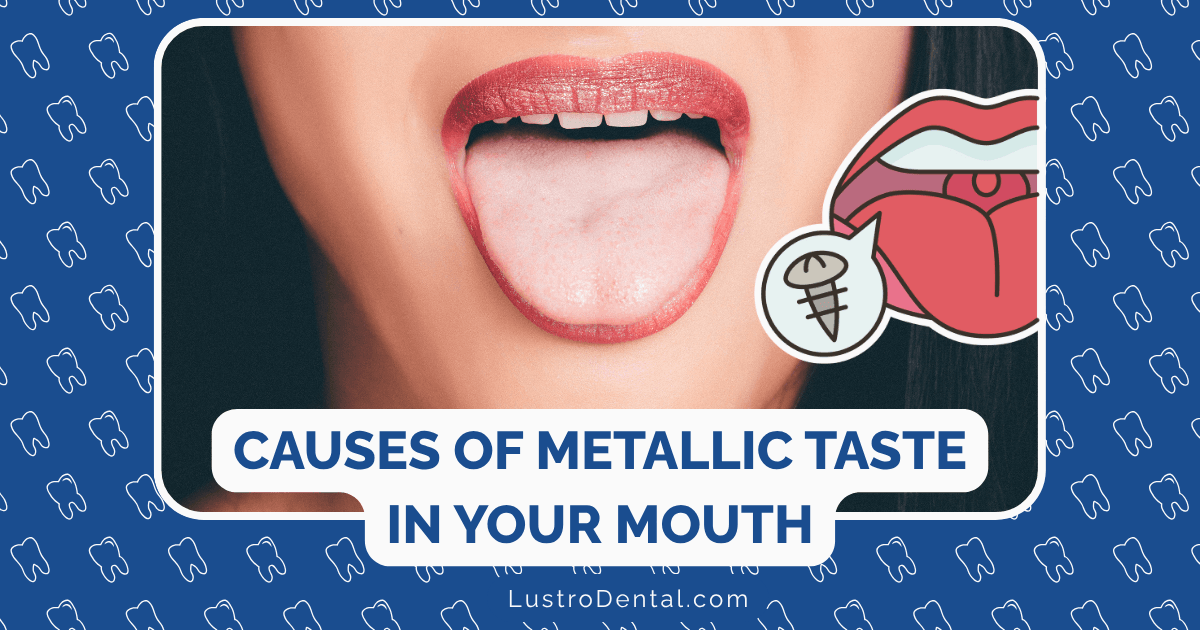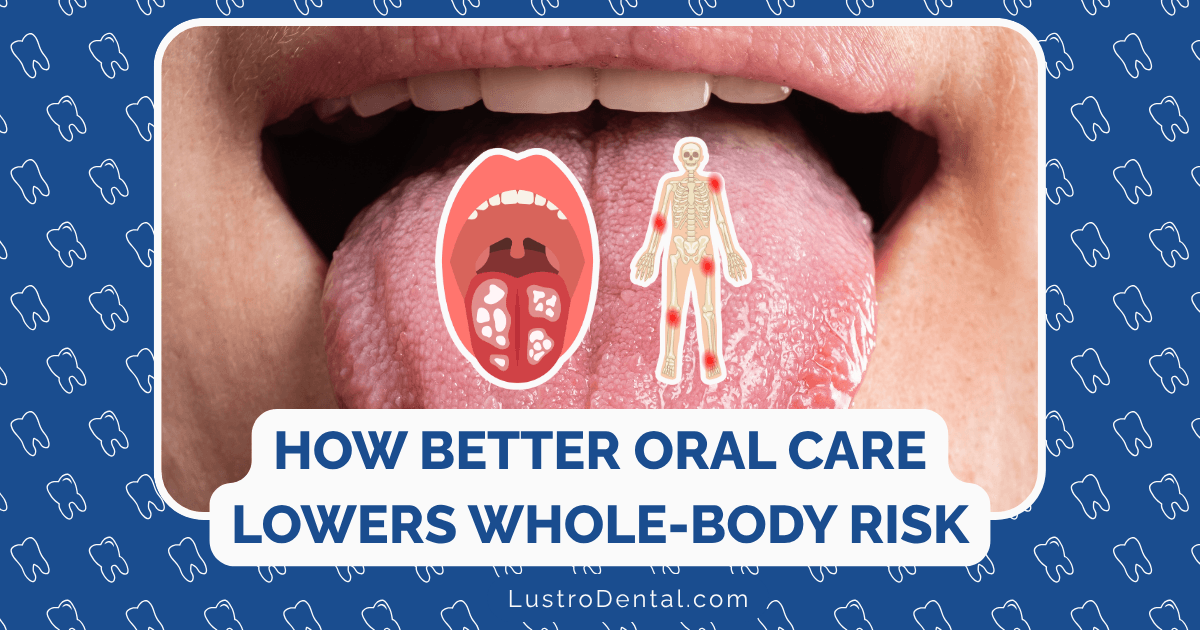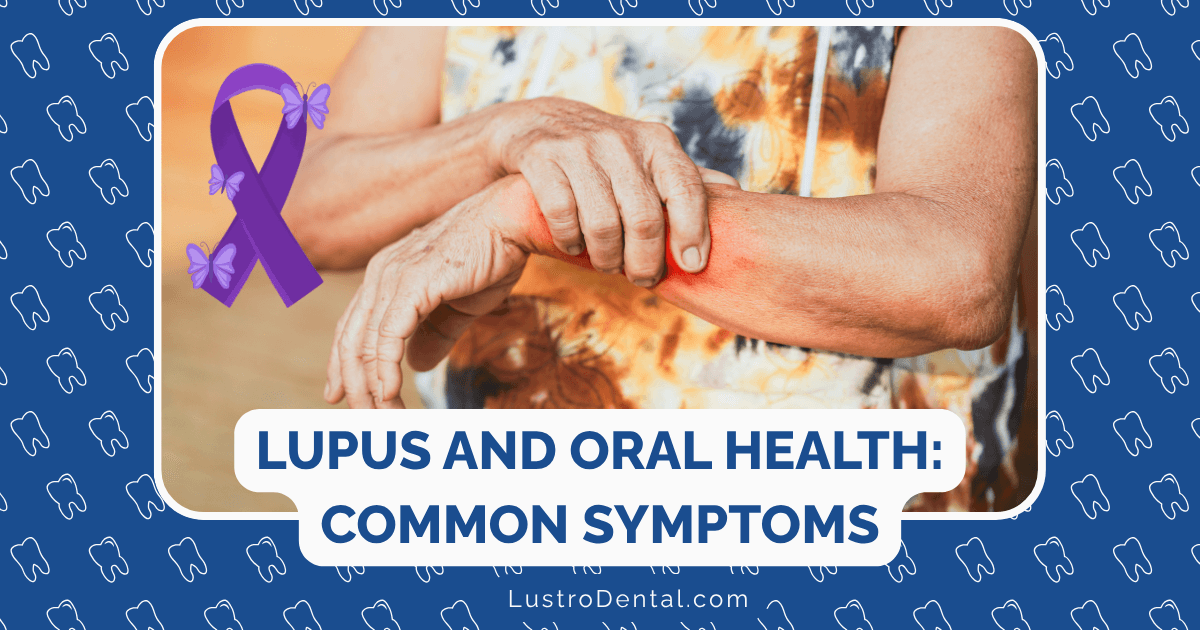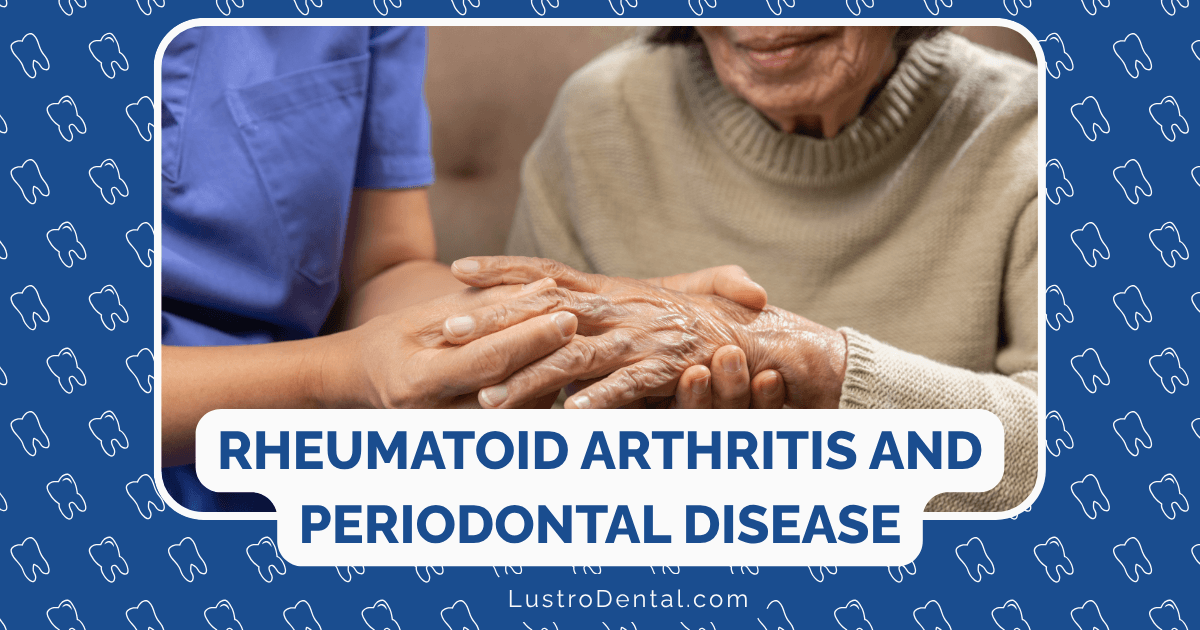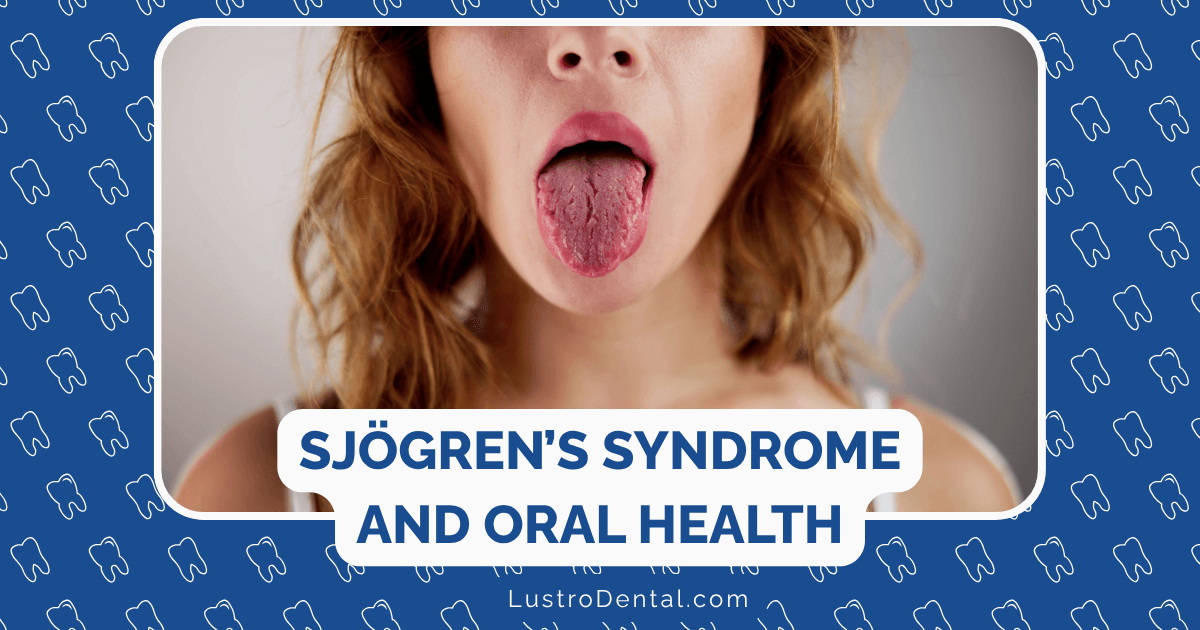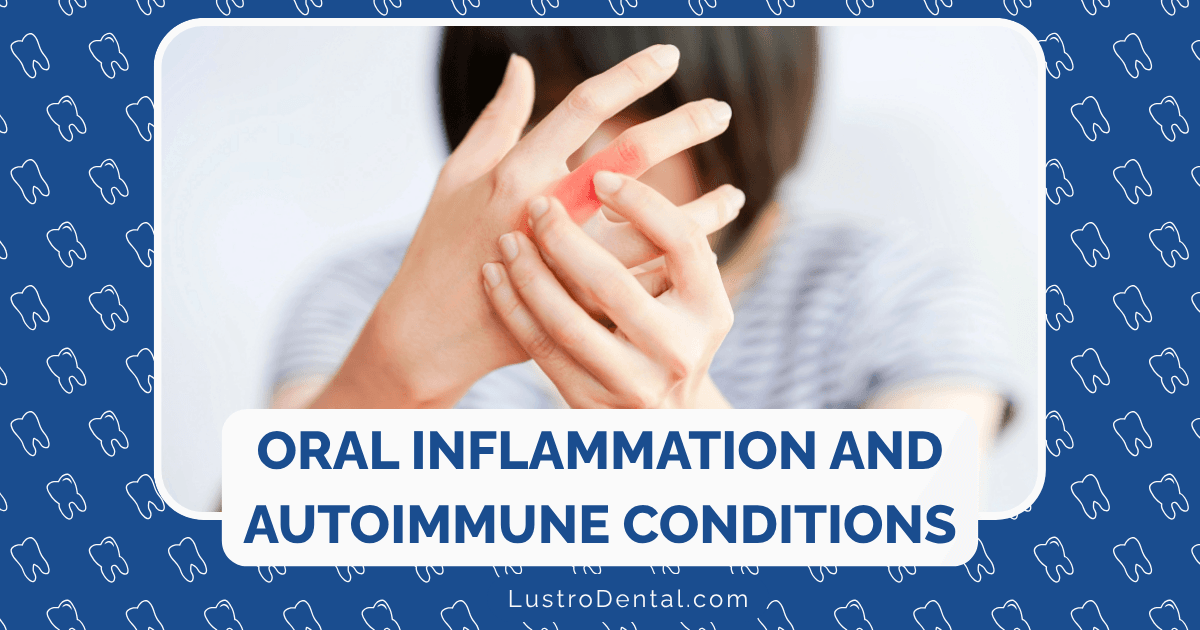The Link Between Periodontal Disease and Preterm Birth: What Expectant Mothers Need to Know
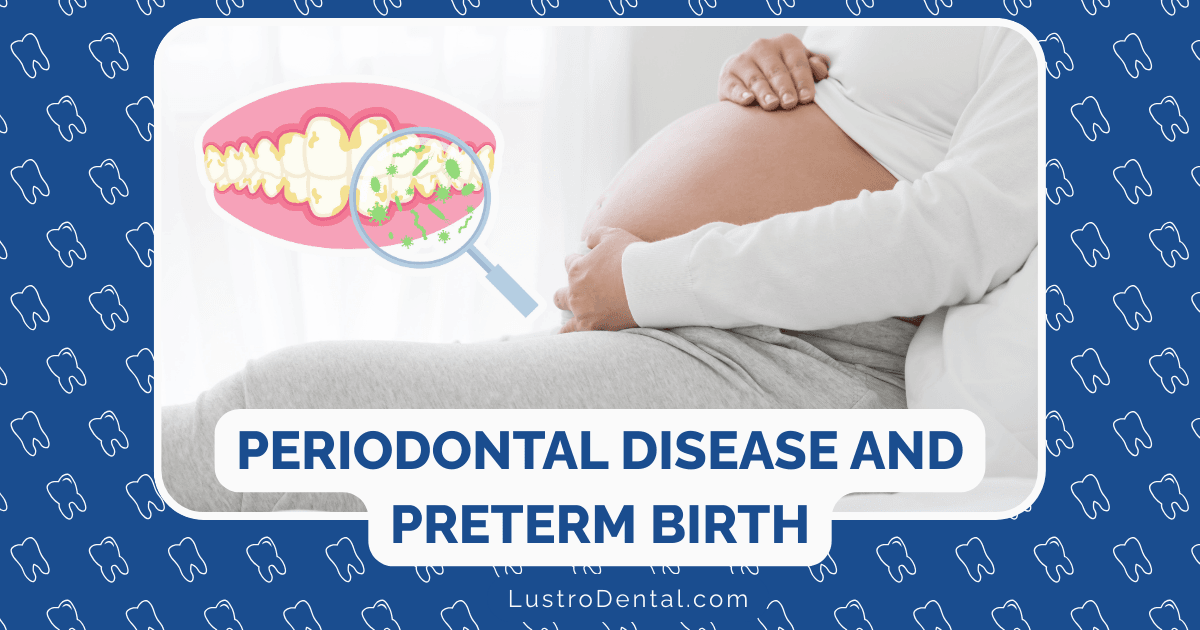
As a dental health advocate, I’ve witnessed firsthand how oral health issues can impact overall wellbeing. One connection that deserves particular attention is the relationship between periodontal disease and pregnancy outcomes—specifically preterm birth. This topic isn’t just academically interesting; it has real implications for expectant mothers and their babies.
Understanding Periodontal Disease During Pregnancy
Periodontal disease, commonly known as gum disease, is a bacterial infection that affects the tissues surrounding and supporting the teeth. It begins as gingivitis—characterized by red, swollen gums that bleed easily—and can progress to periodontitis, where the infection damages the bone supporting the teeth.
According to the World Health Organization, periodontal disease affects approximately 19% of the adult population worldwide. However, pregnant women face a higher risk due to hormonal changes that occur during pregnancy.
The Pregnancy-Periodontal Connection
Pregnancy creates a perfect storm for gum problems. The hormonal fluctuations—particularly increased levels of progesterone and estrogen—can exacerbate inflammatory responses in the gum tissues. This leads to what dentists often call “pregnancy gingivitis,” which affects between 36-100% of pregnant women, according to recent studies.
Dr. Sarah Johnson, a leading periodontist at the University of California, explains: “The gums become more sensitive to plaque during pregnancy. Even women with previously excellent oral hygiene may notice their gums becoming more tender and prone to bleeding.”
The Scientific Evidence: Periodontal Disease and Preterm Birth
Preterm birth—defined as birth occurring before 37 weeks of gestation—is a leading cause of infant mortality and long-term health complications. For years, researchers have investigated whether periodontal disease might contribute to this serious pregnancy complication.
What the Research Shows
A comprehensive nationwide cohort study from Taiwan published in Nature Scientific Reports analyzed data from over 1.7 million pregnant women. The findings were significant: women with periodontal disease had an 11.38% rate of preterm birth, compared to 10.56% for those without periodontal issues.
The odds ratio for preterm birth was 1.09 for women with advanced periodontal disease and 1.05 for those with mild periodontal disease. This suggests a dose-response relationship—the more severe the periodontal disease, the higher the risk of preterm birth.
Another study published in BMC Pregnancy and Childbirth in March 2025 found that women with poor oral health had significantly higher inflammatory markers in their blood. While the study didn’t establish periodontal disease as an independent predictor of preterm low birth weight, it did suggest that its effects might be mediated through systemic inflammation.
Biological Mechanisms: How Gum Disease May Lead to Preterm Birth
Understanding the “why” behind this connection helps us appreciate its importance. There are several proposed mechanisms:
1. Bacterial Spreading
Periodontal disease involves harmful bacteria that can enter the bloodstream and potentially reach the placenta and amniotic fluid. Recent histological studies have confirmed the presence of periodontal pathogens in embryonic tissues, including the placenta and umbilical cord blood.
2. Inflammatory Response
Periodontal disease triggers the release of inflammatory mediators like prostaglandins, interleukins, and tumor necrosis factors. These same inflammatory compounds play a role in the initiation of labor. When elevated due to gum infection, they may potentially trigger premature contractions.
As Dr. Michael Roberts from the American Academy of Periodontology notes: “The mouth is not isolated from the rest of the body. Inflammation anywhere can affect inflammation everywhere.”
3. Immune Response Alteration
The maternal immune response to oral pathogens might inadvertently affect the fetomaternal unit, potentially leading to adverse pregnancy outcomes.
Prevention and Treatment: Protecting Your Pregnancy
The good news is that periodontal disease is largely preventable and treatable. Here’s what expectant mothers should know:
Safe Dental Care During Pregnancy
According to the American Dental Association, preventive, diagnostic, and restorative dental treatment is safe throughout pregnancy. This includes:
- Regular dental check-ups and cleanings
- Necessary X-rays with appropriate shielding
- Local anesthetics when required
- Treatment for dental emergencies
The misconception that dental treatment should be avoided during pregnancy can actually lead to worsened oral health problems that might impact pregnancy outcomes.
Effective Oral Hygiene Practices
Maintaining excellent oral hygiene is your first line of defense:
- Brush thoroughly twice daily using a soft-bristled toothbrush and fluoride toothpaste
- Floss daily to remove plaque between teeth where your toothbrush can’t reach
- Use an antimicrobial mouthwash if recommended by your dentist
- Eat a balanced diet low in sugary snacks and drinks
- Stay hydrated to maintain adequate saliva flow, which helps protect teeth
Managing Morning Sickness
For women experiencing morning sickness, vomiting can expose teeth to stomach acids. Rather than brushing immediately after vomiting (which can damage enamel), rinse with a teaspoon of baking soda in a cup of water to neutralize acids, then brush about 30 minutes later.
The Treatment Dilemma: Does Treating Periodontal Disease Prevent Preterm Birth?
This is where the research becomes more nuanced. While the association between periodontal disease and preterm birth seems clear, the evidence that treating periodontal disease during pregnancy prevents preterm birth is less conclusive.
A systematic review published in early 2025 analyzed five randomized clinical trials involving nearly 2,000 pregnant women with periodontal disease. While four of the five studies showed a trend favoring non-surgical periodontal treatment as a preventive measure for preterm birth, none of the results reached statistical significance.
The European Federation of Periodontology states that periodontal treatment during pregnancy is safe and effective for improving maternal oral health, but it does not appear to significantly reduce the risk of adverse pregnancy outcomes.
The Collaborative Approach: Obstetricians and Dentists Working Together
The American College of Obstetricians and Gynecologists recommends that obstetricians conduct an oral health assessment during the first prenatal visit and refer patients for dental care as needed. Unfortunately, studies show that approximately 35% of U.S. women don’t have a dental visit within a year, and 56% don’t visit a dentist during pregnancy.
Even more concerning, about 59% of women report receiving no counseling about oral health during pregnancy. This represents a significant missed opportunity for prevention and early intervention.
Conclusion: Taking Action for Maternal and Infant Health
The relationship between periodontal disease and preterm birth highlights the interconnectedness of our body systems. While researchers continue to investigate the exact nature of this relationship, the evidence supports several clear recommendations:
- Prioritize oral health before and during pregnancy
- Don’t postpone necessary dental treatment due to pregnancy
- Inform your dentist about your pregnancy
- Practice meticulous oral hygiene
- Seek prompt treatment for any signs of gum disease
Remember, maintaining good oral health during pregnancy isn’t just about protecting your teeth and gums—it may also contribute to a healthier pregnancy and a healthier start for your baby.
By taking a proactive approach to periodontal health, expectant mothers can potentially reduce their risk of preterm birth while ensuring their own comfort and wellbeing throughout pregnancy.


